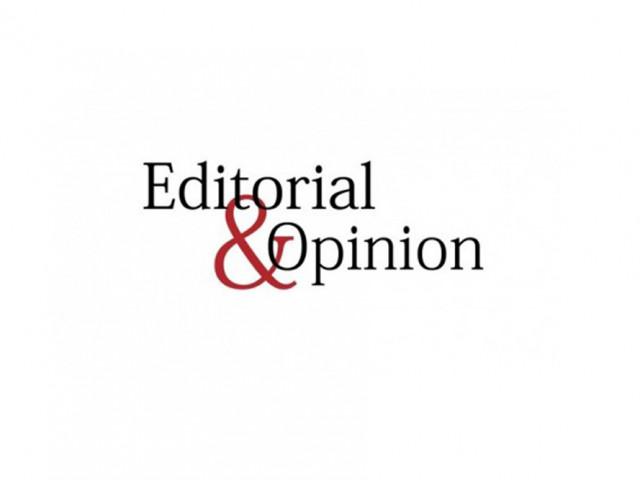Judges' code of conduct
Judicial independence faces strain as new code risks silencing dissenting judges

Independence of the judiciary and fair play in dispensation of justice is sine qua non for any functional constitutional democracy. That very same impression was amplified by two senior judges of the Supreme Court as they humbly pointed out in a letter that a " strong, fearless, and independent judiciary is the last and only refuge of the people". Justice Mansoor Ali Shah and Justice Munib Akhtar, members of the SJC, remarked that "these are testing times, when democracy itself faces strain and constitutional institutions are being tested". They were venting their reservations on the newly-approved Judges' Code of Conduct, and warned that the changes could undermine judicial independence, and could be misused to silence dissenting judges. As far as vitality of law is concerned, that is a qualified observation and must solicit intervention from the superior judiciary to do some necessary course-correction in good faith.
The senior judges were also fairly on the mark as they objected to the inclusion of IHC Chief Justice Sarfraz Dogar as an SJC member, noting that an intra-court appeal concerning his transfer is still pending. This must drive introspection from the learned judge to recuse himself under high morals of self-accountability. A host of observations raised in the letter to all Brother Judges are worth-contemplating, such as " any measure that curtails independence or can be weaponized to discipline, silence, or control judges must be viewed with the utmost caution and resisted firmly."
A glance at the proactivity of 'thinking judges', in the last few weeks and months, drives attention to the evolving thought that vibrancy of judiciary has come under shadows of compromise. The 26th amendment is a case in point, which has torpedoed the functioning of the organs of the state, and laid bare the truth that judiciary is being 'managed' to elicit political capital. Thus, the contention that the Code of Conduct could be used selectively against individual judges, and lead to suppression of dissenting voices seems to be apt. The thrust should be to empower the judiciary and not to make the judicial system fragile and subservient.














COMMENTS
Comments are moderated and generally will be posted if they are on-topic and not abusive.
For more information, please see our Comments FAQ